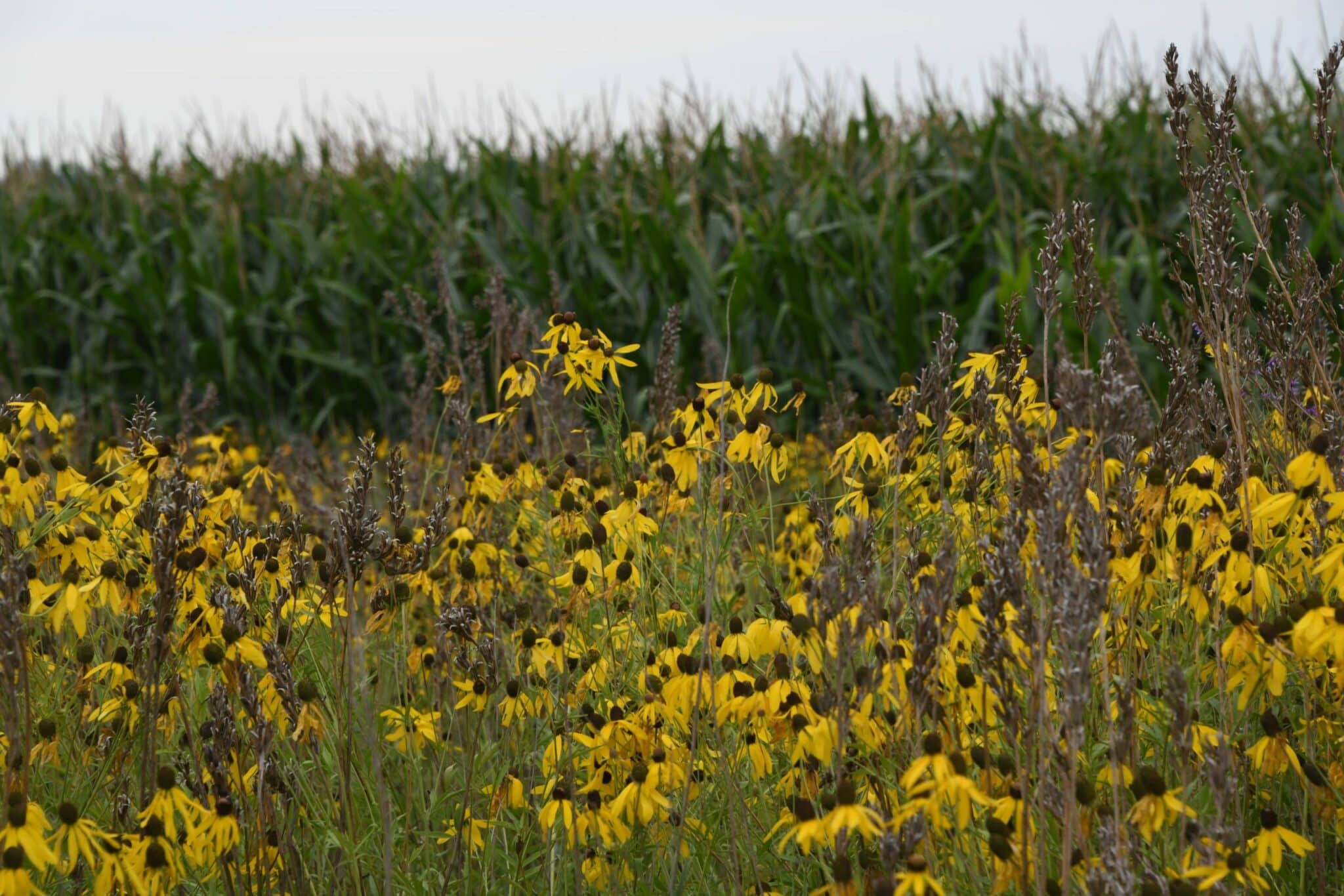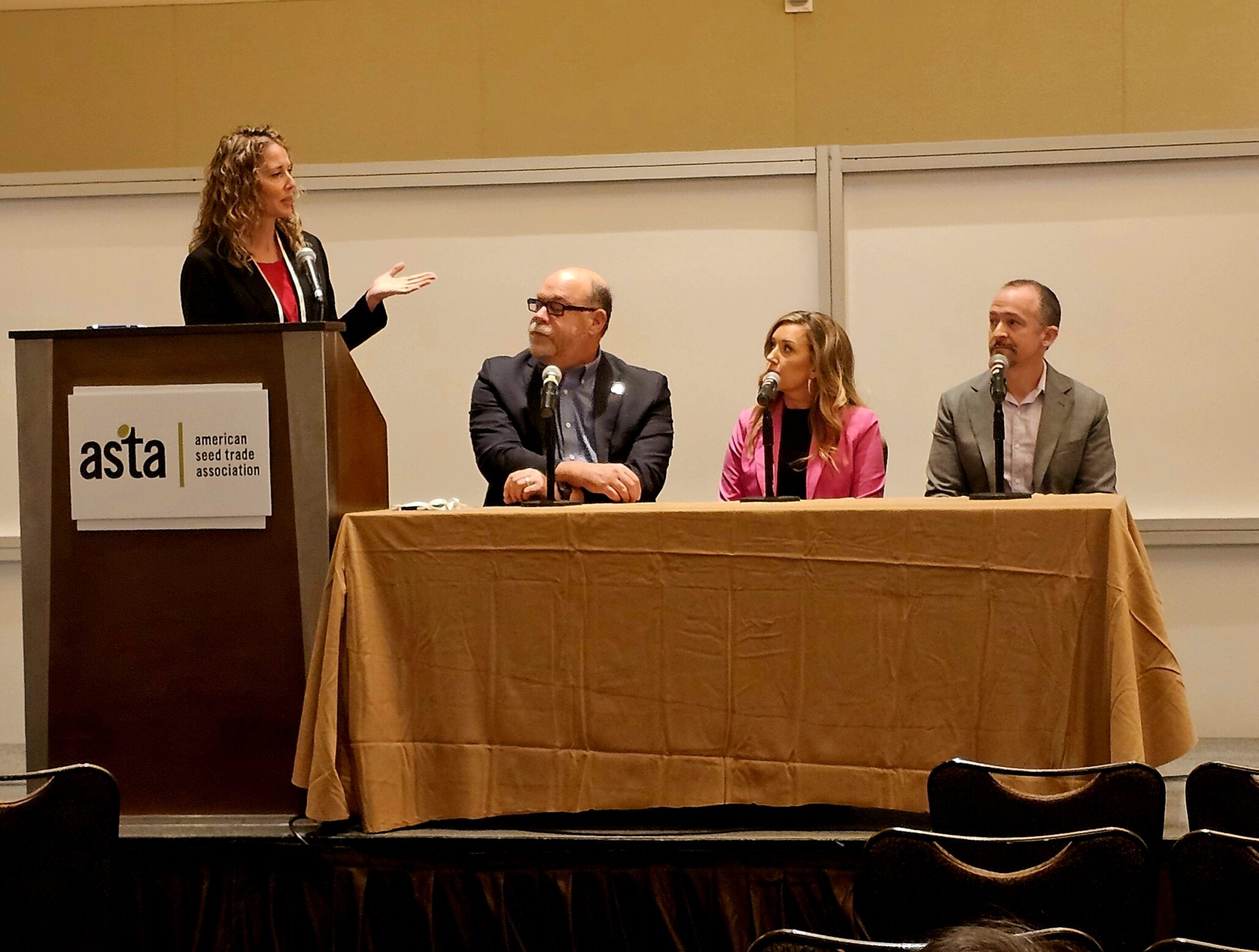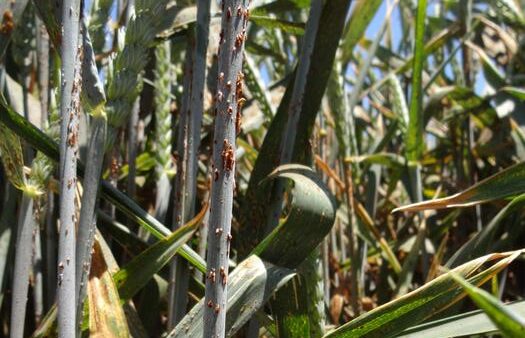Growing Matters campaign celebrates continued success.
Farmers, landscapers, beekeepers and pesticide applicators can all be a little more sure they are doing their part to protect pollinators after the Growing Matters BeSure! campaign wraps up its fourth year.
BeSure! is an industry collaboration dedicated to protecting pollinators and other wildlife through the stewardship of neonicotinoid insecticides and other pesticides. Between 2019 and 2021, Growing Matters reports reaching more than 200 million people with BeSure! messaging, and this year those numbers climbed even higher, providing the resources needed to apply seed treatment and foliar applications responsibly, including proper use, storage and disposal methods. In 2022, the campaign targeted states in the Midwest, mid-Atlantic, Northeast, as well as Florida, California, Texas and Arizona.
“We remind farmers, pesticide applicators, urban landscape applicators, agricultural supply retailers and other key audiences of best management practices when handling and planting seeds treated with neonicotinoid insecticides during planting season, helping protect pollinator health,” says Caydee Savinelli, Growing Matters spokesperson and Syngenta Stewardship Team and Pollinator lead.
As we move through the growing season, keeping stewardship top-of-mind is key to ensure success not only for your crops, but the environment around them as well. The BeSure! campaign has a few suggestions on how to keep stewardship education at the forefront of agriculture.
Certification Support
The first stop in education: pesticide safety. Ensuring safety during application and beyond when it comes to pesticides helps to protect the environment around fields across the U.S.
Tom Smith, executive director of the National Pesticide Safety Education Center (NPSEC) says their role is helping to promote the whole area of pesticide safety education, as well as helping provide resources to the extension agents they work with at universities.
“Those extension agents are working directly with applicators to properly train them to be certified,” Smith says, noting that getting certified helps ensure safe applications.
The Honey Bee Health Coalition partnered with NPSEC to develop a free, hour-long education module targeted specifically for certified pesticide applicators, advisors and crop consultants. These applicator licenses must be renewed every few years and this module provides a training centered around safety as well as bee and pollinator stewardship.
“These individuals can now take our one-hour module when it’s time for them to recertify. It goes over risks, challenges, and how everyone can do their jobs and help protect our bees and pollinators,” says Matthew Mulica, senior project director, Keystone Policy Center and facilitator of the Honey Bee Health Coalition and Farmers for Monarchs.

In addition, the Honey Bee Health Coalition has developed best practice guides for corn, soybeans, canola and apples, with more crops hopefully to be released in the future.
“Those guides follow the cycle of the crop from planting to harvest and discuss what farmers can do at each stage to protect bees, as well as how to enhance their landscape forage,” Mulica says.
It’s about bringing together both interests — agricultural production and stewardship of our resources and pollinators.
“It takes all stakeholders involved to work on this very important issue, and farmers really do play a really big role as one of the original conservationists,” Mulica says.
Media Matters
The second stop in education? Ensuring the stewardship message is spread throughout during the entire season, from companies to applicators to growers, and appears on different platforms across media.
“Everyone’s going to find and digest information in different ways. We’re trying to meet everyone where they are and cover all the bases,” Mulica says.
Timing is also important in terms of education. Since BeSure! reaches growers and pesticide applicators as well as additional audiences including seed dealers, ag retailers, regulators, ag extension agents, beekeepers and beekeeping organizations, keeping in mind what each sector is going through can help get the message across.
“It helps to match up the messaging with what’s happening on the ground in fields,” Mulica says.
Trend analysis and data collection help drive adjustments to ensure impact, which for BeSure!, is all about increasing awareness of proper stewardship of neonicotinoids, according to Ayanna Robinson, chief client officer, Porter Novelli, one of the communications consultancies who support the execution of the annual, integrated BeSure! activities.
“It’s essential that we constantly evaluate the campaign impact, how each audience is engaging with the content and shifts in sentiment. Through our analytics platform, omniearnedID, we look at what information farmers and applicators need and the most effective channel to reach them,” Robinson says.
This may mean leveling up paid media at key points to ensure message uptake with farmers and applicators in specific regions.
“We continue to see shifts in how information is consumed, which we leverage to inform our integrated marketing activities at a regional and local level,” Robinson says.
One effective medium? Radio! Radio has proven to be particularly powerful, especially for growers and applicators working in or with equipment. Savinelli reports that BeSure! broadcasts gained over 2.8 million impressions across 270 stations in 2022.
“By having access to over a dozen experts across diverse topics and applications, we are able to connect deeply with audiences, providing them with actionable measures and meaningful insights,” Savinelli says.
Simple Leads to Success
Finally, remember that stewardship messaging doesn’t have to be complicated to be effective. Sometimes, keeping educational efforts simple leads to success.
“Our positioning is unique because we work with registrants and state led agencies and we sort of sit in the middle,” NPSEC Creative Director of Communication, Kara Maddox explains. “Our message is if you are going to use pesticides, you really do need to read and follow the label.”

It’s a simple message, but that’s why it works.
“We’re giving fairly basic information that’s easy to follow; we’re promoting how to protect pollinators but it also protects our natural resources and applicators as well,” Smith says. “It may seem like common sense but it’s very easy to not pay attention to those directions and we’re here to remind them how important that is.”
The more complicated the information on stewardship is, the more difficult it is to follow directions. By simplifying the message, you’re making the educational aspects behind it stronger and easier to understand.
“It’s about creating information that is relevant to people. We take complicated information and boil it down to just what farmers or beekeepers need,” Mulica says.
Expanding Efforts and Future Plans
It’s about messaging that leads to momentum, and participating in BeSure! Programs has been a catalyst for other pollinator health efforts, opening the door to other opportunities to get involved.
“Being involved with BeSure! gave us some credibility in this space and led to us truly having a priority around protecting pollinators and making sure we get that message and necessary resources out to a variety of audiences,” Smith says.
Since joining the BeSure! and Growing Matters team in 2019, they have been able to participate in several other pollinator protection efforts, including the Pollinator Stewardship Collaboration Team, which is open to anyone with an interest in pollinators.
“It is part of an EPA Cooperative Agreement with Michigan State University focused on pesticide applicator certification and training and the Worker Protection Standard. NPSEC is a sub-awardee on that grant,” Smith says, adding that this team is currently working on a series of webinars, the first one in partnership with Rights-of-Way as Habitat Working Group.
“We’d always had pollinators on our minds in terms of a focus on Integrated Pest Management, but I think BeSure! was a stepping stone for other actions and collaborations because we saw an opportunity in that space to do more,” she says.
Smith says the focus on collaboration and a shared responsibility is the strength of the effort.
“Our role is not so much to create messaging but to help others amplify the messaging, and to help bring together groups that weren’t working together before where they can share resources and ideas,” he says.
“Our partners and members can easily share the information to their followers as well, who are farmers and beekeepers, and it comes with a little more weight,” Mulica says. “We’re all using the same messaging and that allows farmers and applicators and beekeepers to hear the same message several times. And that messaging recognition increases the chances of best practice implementation.”
And we can be sure that commitment will continue as plans for the campaign’s fifth year are already underway.
“The success of the BeSure! campaign is a direct result of collaboration and the dedication of the coalition behind it,” Savinelli says. “The safe use of important crop protection technologies is a shared responsibility among all technology providers, retailers and farmers.”












